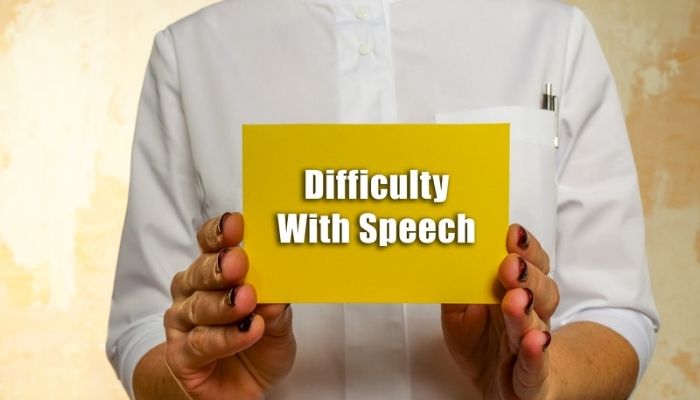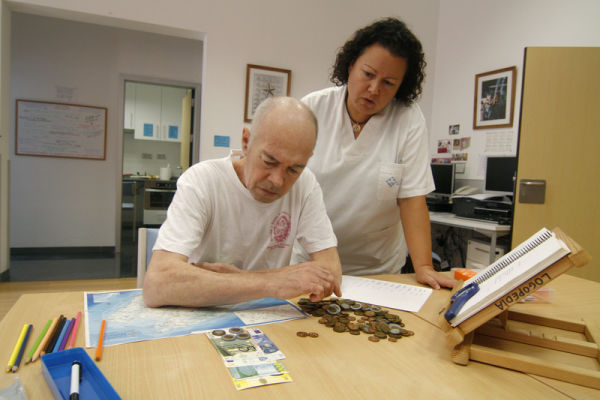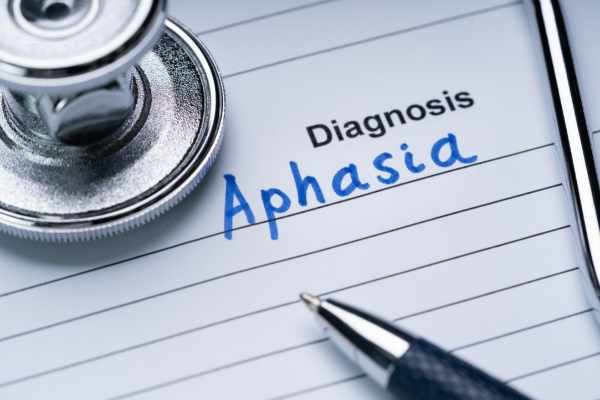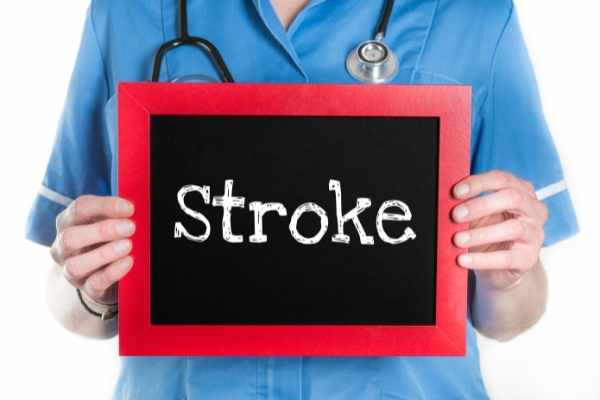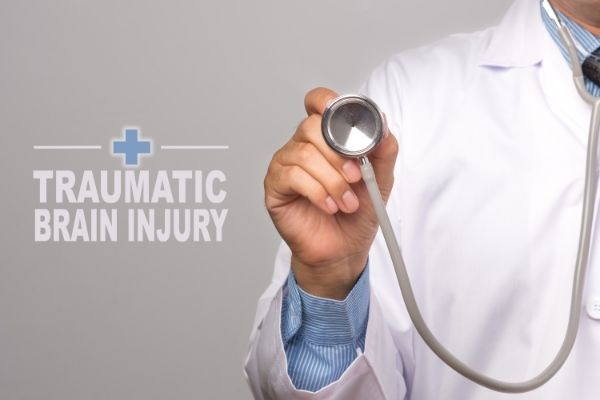Five Myths About Aphasia
Aphasia is a speech and language problem typically associated with damage to the left part of the brain. People with aphasia have difficulty communicating, including comprehending and producing speech and reading and writing. Although aphasia is a widespread problem, it is also highly misunderstood. The following are five things that many people get wrong about aphasia:
All people who have aphasia have similar problems with communication
Aphasia refers specifically to acquired speech and language problems. However, there is enormous variability in the severity and patterns of communication problems among people with aphasia. Some people may have very mild problems and only struggle with coming up with the correct words while speaking. Others have much more severe problems and may only say one or two words. Some other people can produce fluent speech but have difficulty understanding what others are saying to them. Because of these significant differences, the same kind of rehabilitation may not work for all people with aphasia.
Aphasia is an impairment of intelligence
Just because someone with aphasia has difficulty communicating, it does not mean that their intelligence is affected. In many cases, people with aphasia have normal thinking skills despite their impaired communication abilities. Nevertheless, it is essential to note that just because someone has aphasia, it does not mean that they cannot have intellectual problems. It is not uncommon for people with aphasia to also have intellectual difficulties. To understand whether a person with aphasia also has issues with intelligence, it may be helpful to seek the services of a certified speech-language pathologist who can test both communication abilities and intellectual abilities.
Aphasia always has a sudden onset
The most common cause of aphasia is stroke. A stroke results in loss of blood flow in the brain and subsequent brain damage. Aphasia occurs when stroke damage affects areas of the brain that support speech and language abilities. Stroke almost always has a sudden onset. Therefore, aphasia typically also has a sudden onset. However, there is another type of aphasia that has a slow and gradual onset. This type of aphasia is called primary progressive aphasia (PPA) and is a type of dementia. Although PPA is not nearly as common as stroke aphasia, it is increasingly recognized as a problem, especially among older adults. Emerging scientific evidence suggests that aphasia therapy can help some people with PPA maintain their communication skills.
Aphasia only occurs in older people
Although stroke is more common in older people, especially those over the age of 65, it is commonly seen in individuals in their 30s and 40s. Although all people with aphasia can probably benefit from seeing a speech-language pathologist, it is increasingly understood that younger people tend to respond especially well to aphasia rehabilitation. This does not mean that older people do not also respond, only that the benefit of the rehabilitation may be a bit greater in younger folks.
Aphasia and Alzheimer’s disease are similar problems
It is common for people with Alzheimer’s disease (AD) to have problems communicating. For example, people with AD often forget the words they want to say or use the wrong words to describe something. Although these kinds of problems are also highly prevalent in aphasia, the source of the problems is different. Unlike the damage to language areas of the brain seen in aphasia, dementia is caused by problems that affect general thinking skills, especially memory. Despite these differences, both people with aphasia and dementia may benefit from rehabilitation that targets language and thinking skills.

